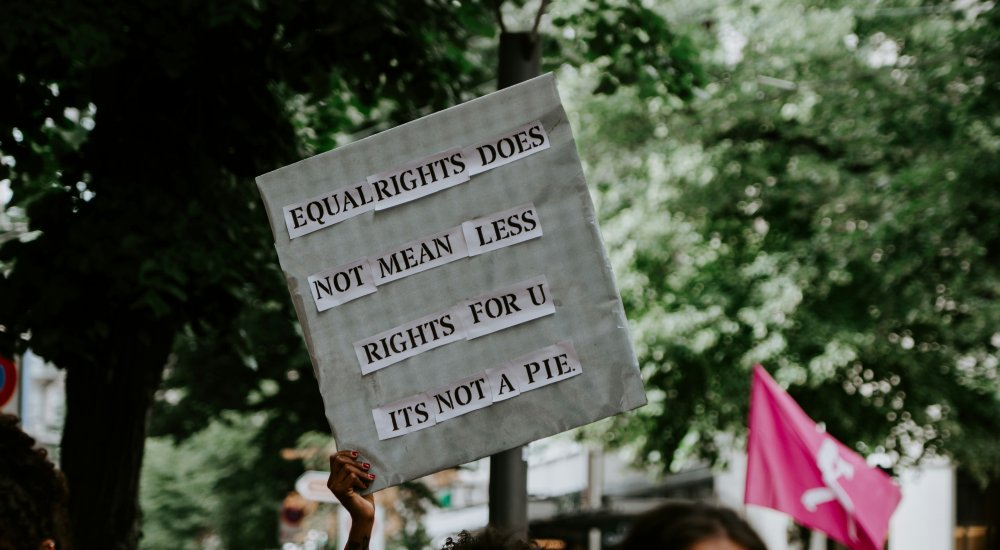Support to the implementation of inclusive gender equality plans
HORIZON-WIDERA-2024-ERA-01-11

Expected Outcome
Projects are expected to contribute to the following outcomes:
- Enhance the reputation, attractiveness, inclusiveness and R&I excellence of less advanced organisations as a result of implementing inclusive gender equality plans;
- Transform R&I organisations to advance ERA policy objectives on gender equality and inclusiveness.
Scope
The institutional change strategy implemented through gender equality plans (GEPs) has had very positive impacts in many R&I organisations and been a catalyser at national and EU level, as attested by several reports[1]. The introduction of a GEP eligibility criterion in Horizon Europe, for public bodies, research organisations and higher education institutions from Member States and Associated Countries, has increased the level of uptake of gender equality activities. However, there remains a heterogeneity in the implementation of GEPs across the EU and Associated Countries, particularly in the Widening countries. Furthermore, the new ERA framework established through the Council Recommendation and Council Conclusions adopted on 26 November 2021[2], sets the implementation of inclusive GEPs as a core objective for the promotion of gender equality and inclusiveness.
This inclusion scheme aims to strengthen and go beyond the minimum GEP requirements as defined in Horizon Europe eligibility criterion and to support the implementation of inclusive GEPs and policies, in line with the new ERA policy agenda objectives. Advanced organisations will mentor less advanced organisations on best practices, processes, monitoring and actions to undertake in the inclusive GEPs.
Actions should clearly outline the approach for boosting gender equality strategies by addressing new areas, such as intersectionality and diversity, gender budgeting, gender and innovation, and the long-term impact of COVID-19 on gender equality in R&I, among others.
Proposals are expected to address the following:
- Methods for exchanging and implementing good practices and materials, tailored to individual organisations’ needs for the development and monitoring of inclusive GEPs;
- Support for reinforcing their networking in the area of gender equality and inclusiveness, especially with already existing Communities of Practice;
- Activities such as on-site visits, on-site or virtual training; workshops; dissemination and outreach and capacity building activities;
- Implementation of specific actions in the less advanced institutions specifically addressing the opening to intersectionality and diversity, targeting other underrepresented or socially disadvantaged groups, and including the integration of intersectional sex and gender analysis into R&I content.
Proposals should build on the knowledge and expertise developed through related Horizon 2020 projects and tools (e.g., GEAR Tool, ACT Communities of practice, GE Academy) as well as under projects funded through Horizon Europe call topics HORIZON-WIDERA-2021-ERA-01-80, HORIZON-WIDERA-2021-ERA-01-81, and HORIZON-WIDERA-2022-ERA-01-81.
The partners involved in the action are expected to revolve either around a specific thematic area or have widening partners with similar national/regional background, for a better contextualisation.
[1] https://data.consilium.europa.eu/doc/document/ST-1202-2021-INIT/en/pdf
[2] Council Recommendation on a Pact for Research and Innovation in Europe, and ERA Policy Agenda 2022-2024 annexed to the Council Conclusions on the future governance of the ERA
